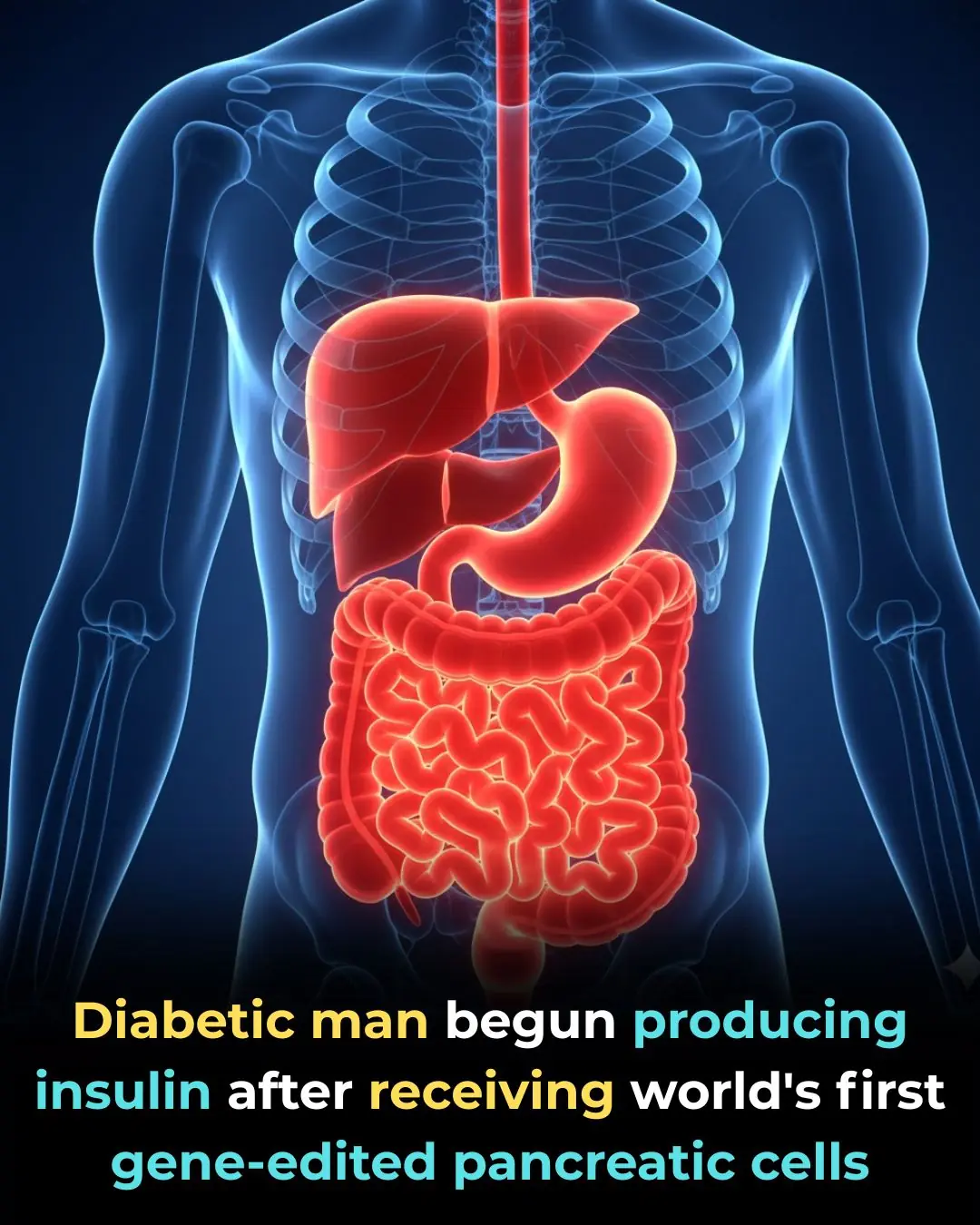
The Brain Actively Erases Short-Term Memories to Boost Efficiency
The Brain’s Remarkable Ability to Forget
Neuroscience research increasingly shows that the human brain is not designed to retain every fleeting detail we experience. In fact, a significant portion of short-term memories are erased within hours after they are formed. This process, often referred to as selective forgetting, is not a flaw or weakness of the mind; rather, it is a sophisticated mechanism that allows the brain to function efficiently. By filtering out irrelevant or unimportant information, the brain ensures that only the most meaningful memories are consolidated into long-term storage. (Nature Neuroscience, ScienceAlert, Neuroscience News)
How Selective Forgetting Works
Short-term memories are initially encoded in networks of neurons that communicate through synaptic activity. However, not every memory is destined to remain. Research indicates that the brain actively prunes or weakens synapses associated with trivial or redundant information. This allows cognitive resources to be allocated more effectively toward processing information that is relevant, emotionally significant, or likely to be needed in the future. Far from being passive, this forgetting is an active, adaptive process. It serves as a crucial filter that protects the mind from being overwhelmed by the constant influx of sensory data and experiences. (BBC Science, Frontiers in Psychology, Scientific American)
The Benefits of Forgetting
While many people view memory loss negatively, selective forgetting has multiple advantages. By eliminating unnecessary information, the brain reduces the risk of cognitive overload, which can impair decision-making, focus, and problem-solving. This filtering process allows individuals to prioritize attention and mental energy on tasks, goals, and experiences that matter most. In essence, forgetting is a form of cognitive efficiency, a natural system embedded in human biology to help us navigate a complex world without being paralyzed by information. (Harvard Health, American Psychological Association, Cell Reports)
Additionally, selective forgetting contributes to emotional regulation. Letting go of trivial or negative memories prevents excessive rumination and anxiety, allowing individuals to maintain mental clarity and resilience. Studies have shown that people who can effectively filter out inconsequential memories often demonstrate better focus, learning, and creativity. (Nature Reviews Neuroscience, Journal of Cognitive Neuroscience)
Memory as an Adaptive System
The human brain’s approach to memory underscores its adaptive design. Unlike digital storage systems that retain all data indiscriminately, the brain prioritizes relevance, usefulness, and emotional impact. This adaptive memory system ensures that we retain knowledge and experiences that enhance survival, learning, and personal growth while discarding information that would otherwise clutter mental processes. Neuroscientists describe this process as a balancing act between memory retention and memory clearance, highlighting that forgetting is not an error but a necessary function for cognitive optimization. (MIT Technology Review, Scientific American, Nature)
Conclusion
Selective forgetting demonstrates that memory is not merely a passive archive of life events but a dynamic and efficient system carefully tuned by evolution. By erasing the majority of short-term memories within hours, the brain prevents information overload, safeguards focus, and prioritizes experiences that are meaningful and relevant. Far from being a defect, this natural mechanism exemplifies the elegance of human cognition, revealing that our minds are designed not just to remember, but to remember wisely. Understanding this process provides insight into how we learn, make decisions, and maintain mental clarity in an increasingly complex world. (Nature Neuroscience, Neuroscience News, Frontiers in Psychology)
News in the same category

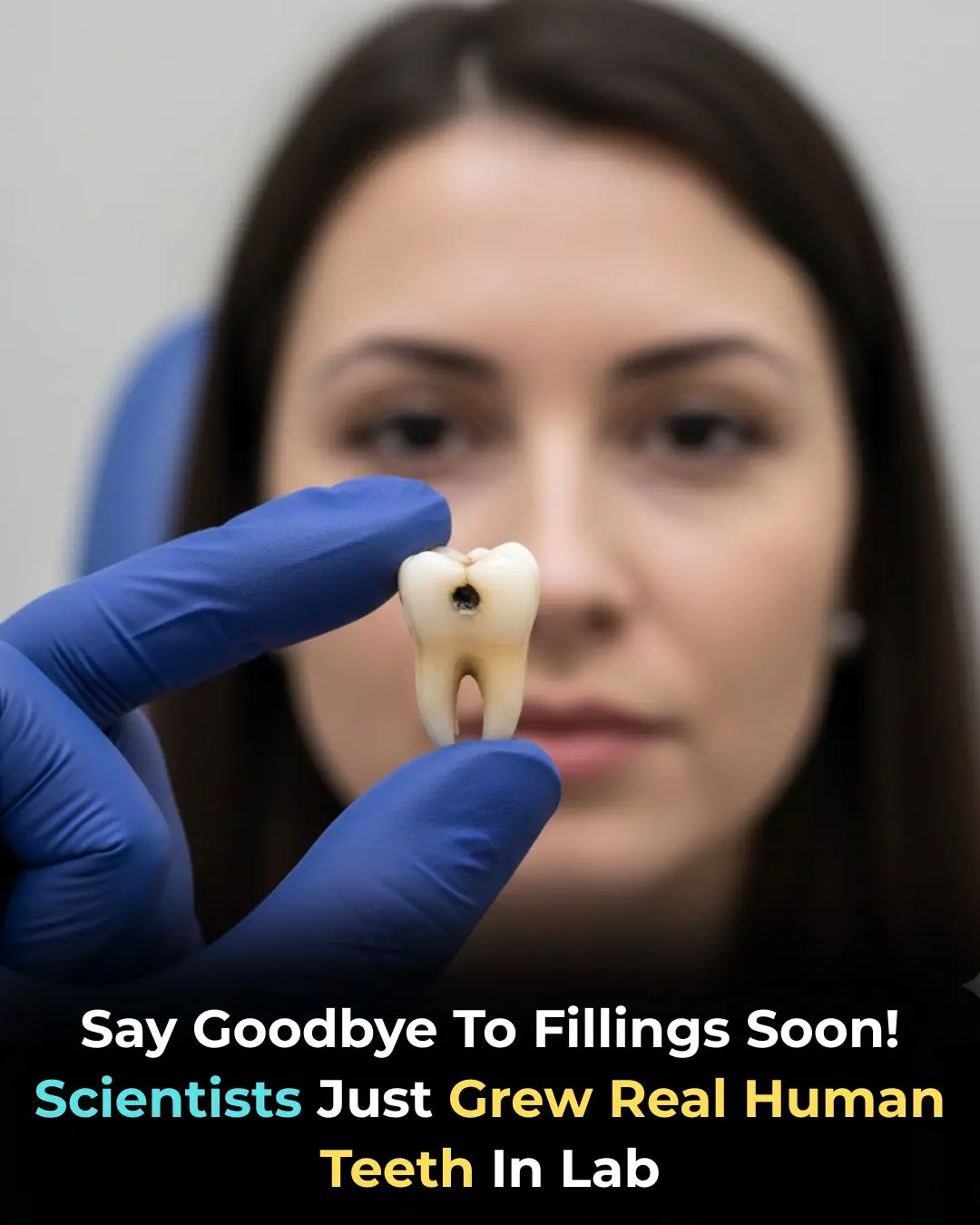
Scientists Grow Fully Functional Human Teeth in the Lab — A Breakthrough That Could Transform Dentistry Forever

Betelgeuse Nears Its Final Stage: A Supernova That Could Be Visible in Daylight

Deadly Mistakes to Avoid When Showering With Hot Water in Winter

2 Pork Parts That Contain a High Amount of Risky Cells — Stop Eating Them Before It’s Too Late

3 types of vegetables you shouldn’t eat raw — no matter how tasty or nutritious — because they can silently damage the liver
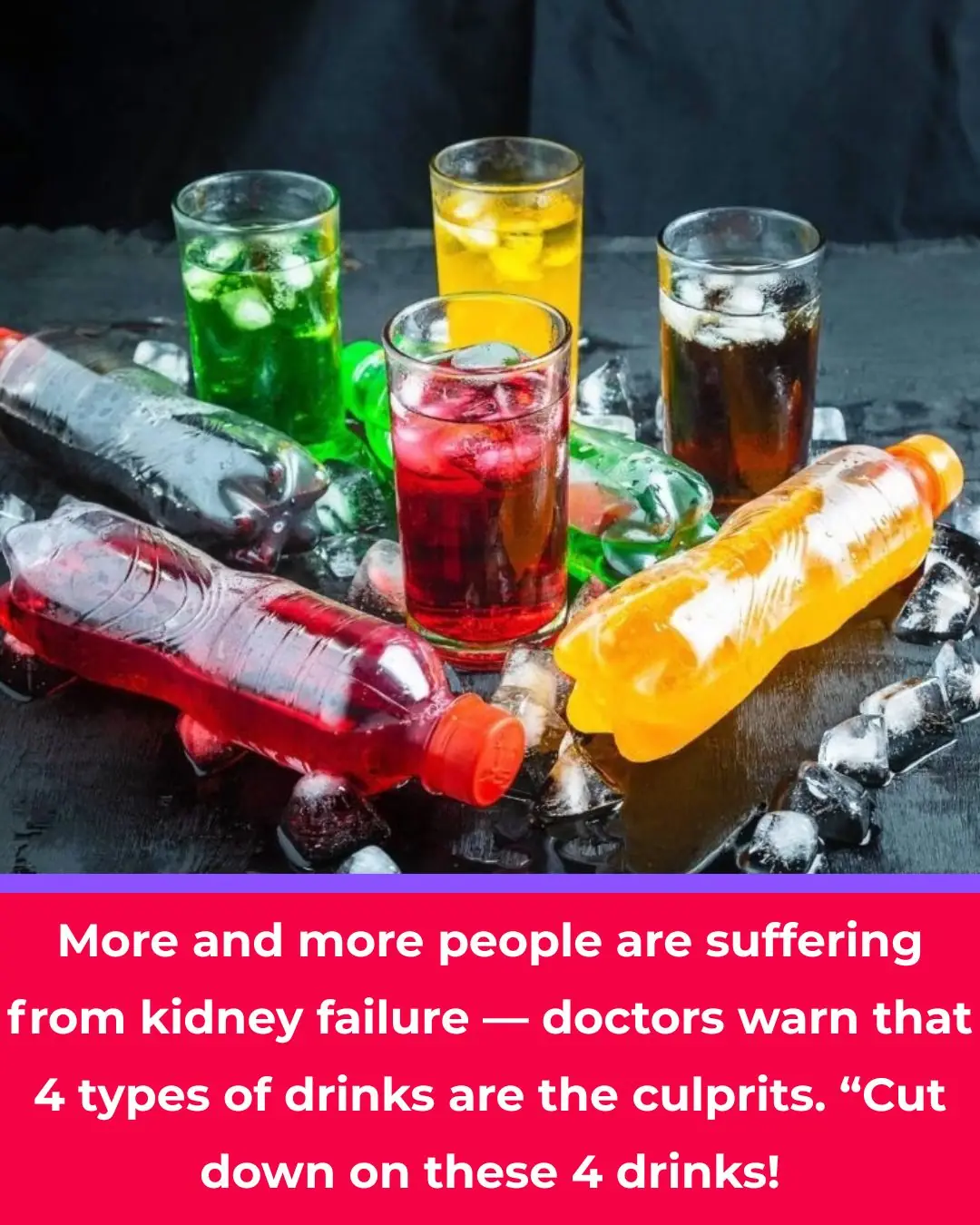
More and more people are developing kidney failure, and doctors warn that four common drinks are the “silent culprits.” It’s time to cut back.
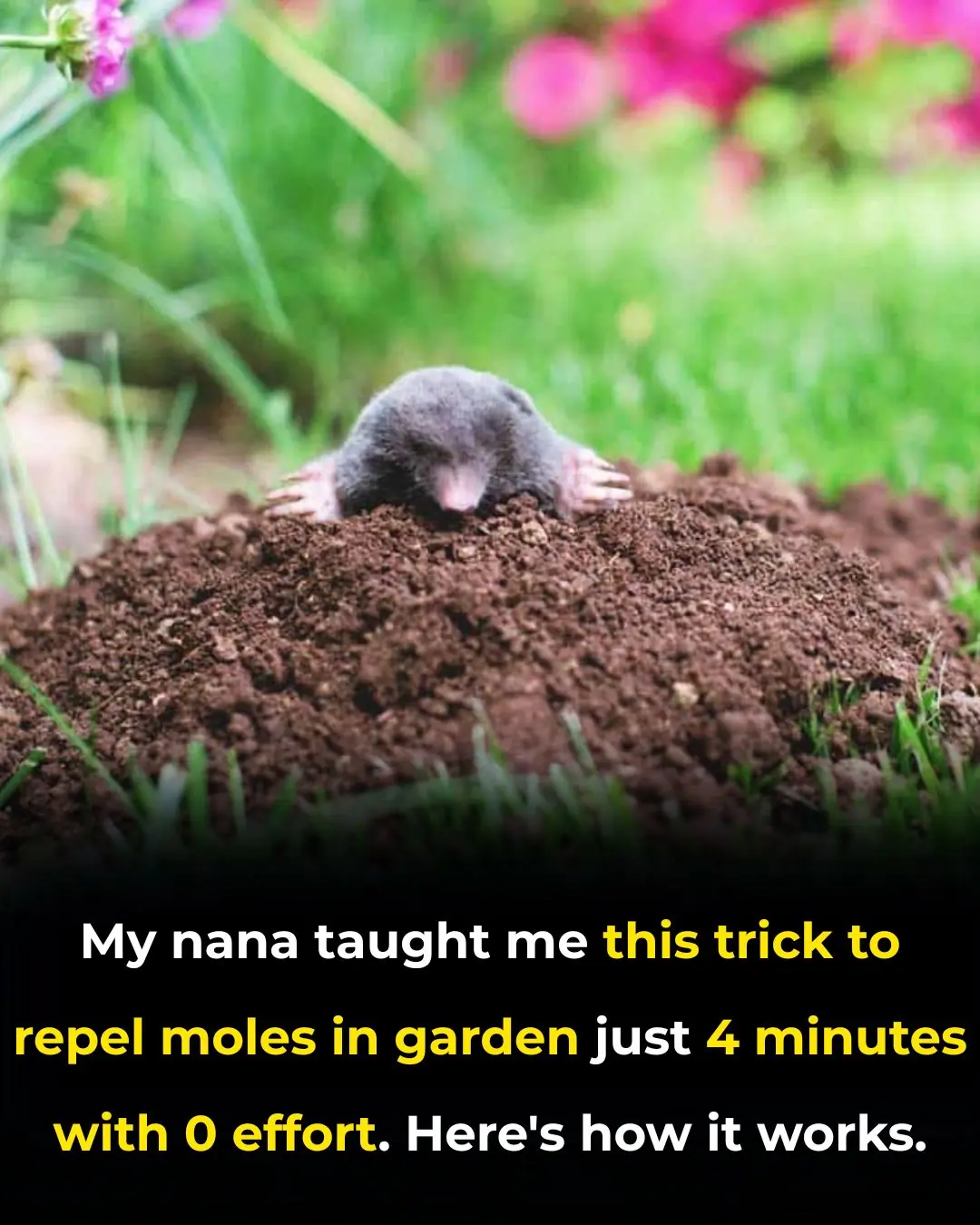
I Had No Clue About This! Such an Interesting Trick My Nana Swore By

My Nana Swears by This! Just 1 Thin Slice a Week — Your Orchids Will Explode with Growth

The Keyless Car Trend Everyone’s Talking About
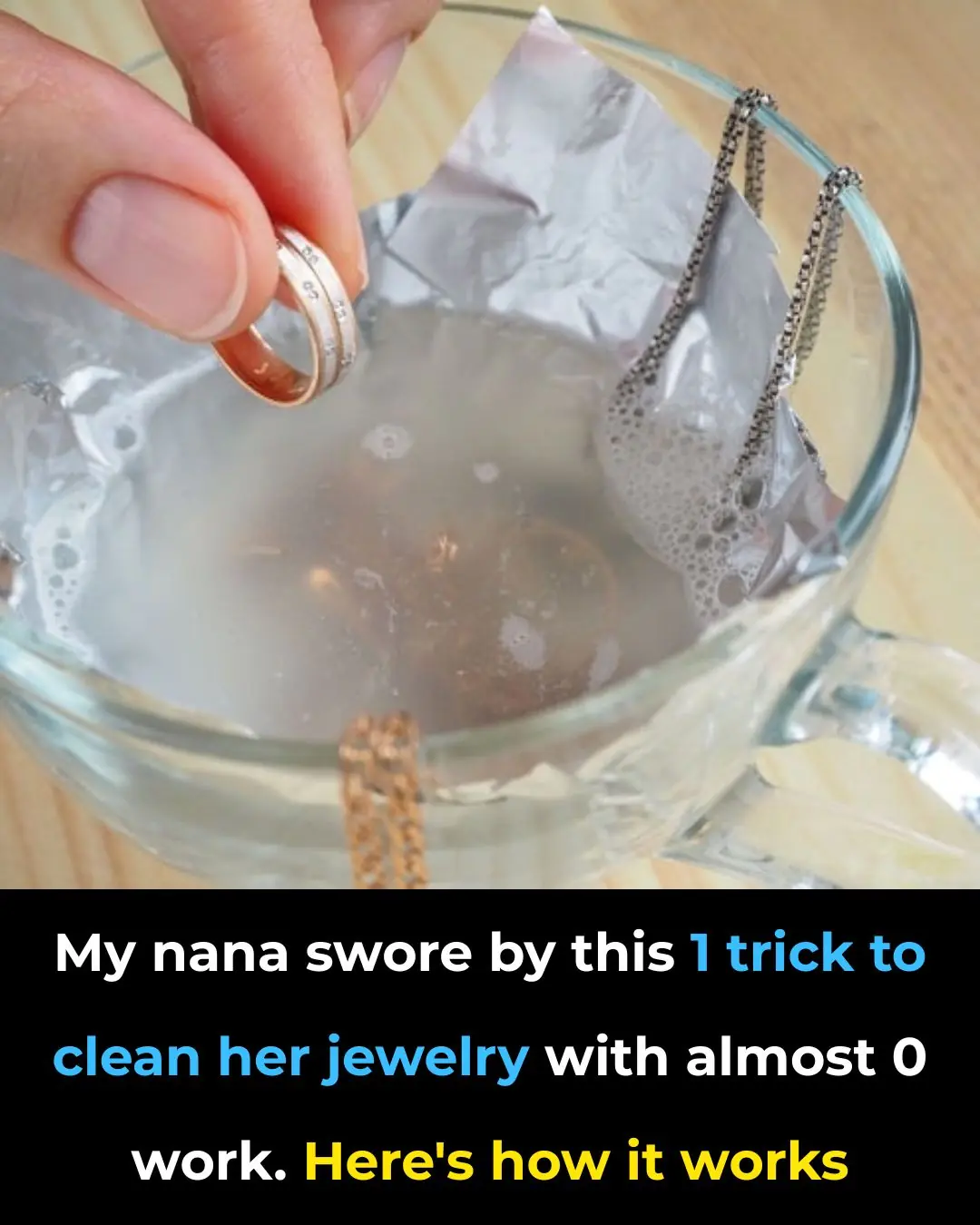
Nana’s Timeless Trick for Bringing Jewelry Back to Life
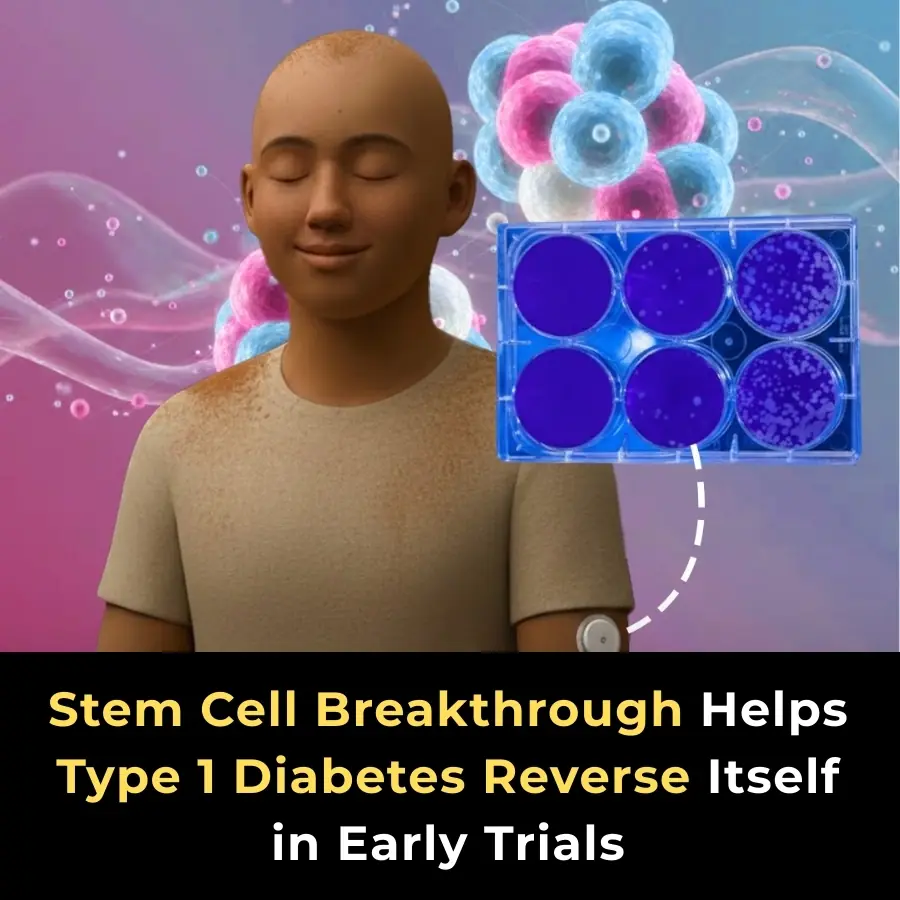
Stem Cell Therapy Restores Insulin Production in Type 1 Diabetes Patients

China Launches Hanyuan‑1: World’s First Commercial Atomic Quantum Computer

Keratin From Human Hair Could Revolutionize Tooth Enamel Repair

Amazon Lakes Heat to Dangerous Levels, Triggering Mass Wildlife Deaths
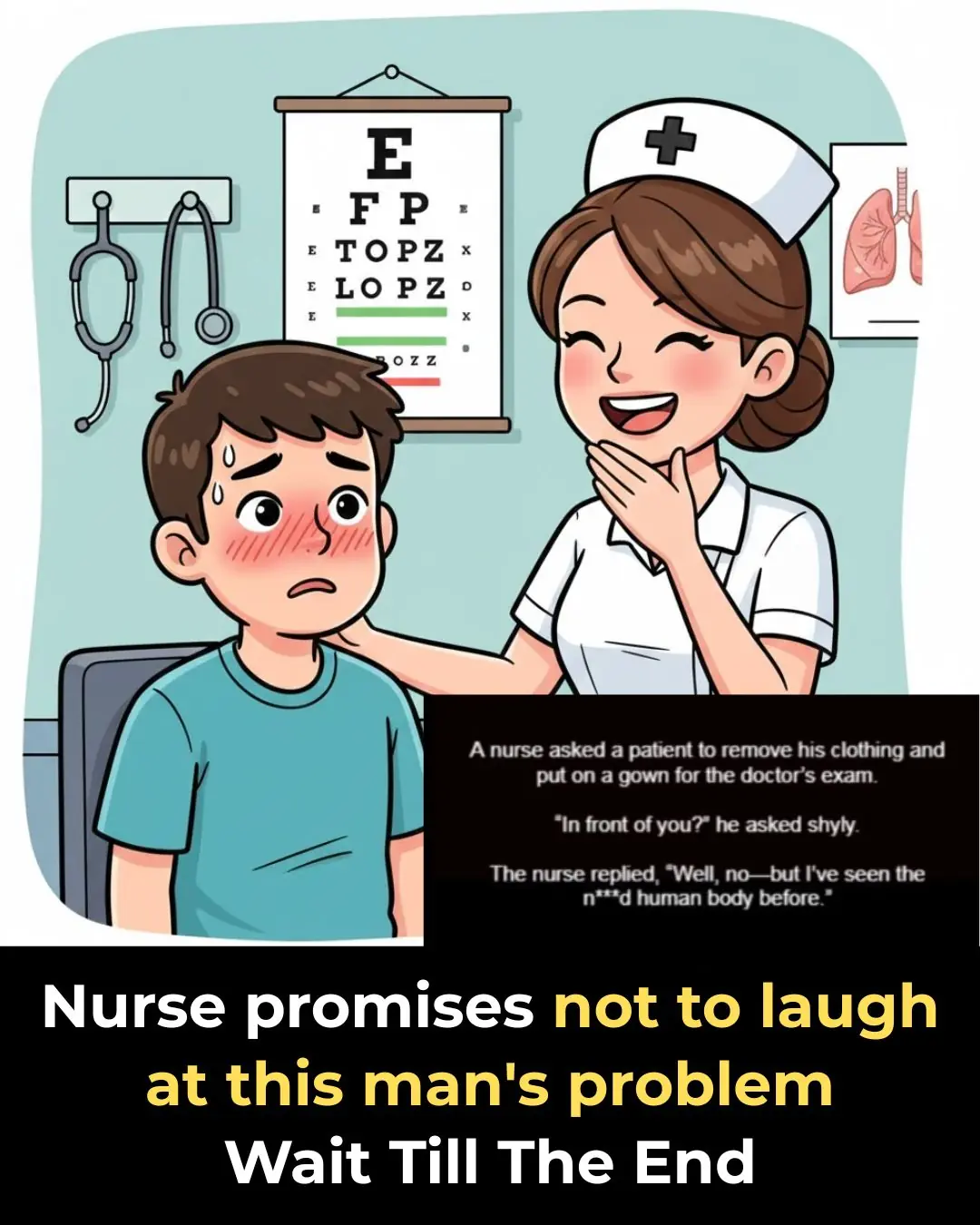
Nurse Promises Not to Laugh at This Man’s Problem

What Your “Odd Animal Out” Choice Says About You
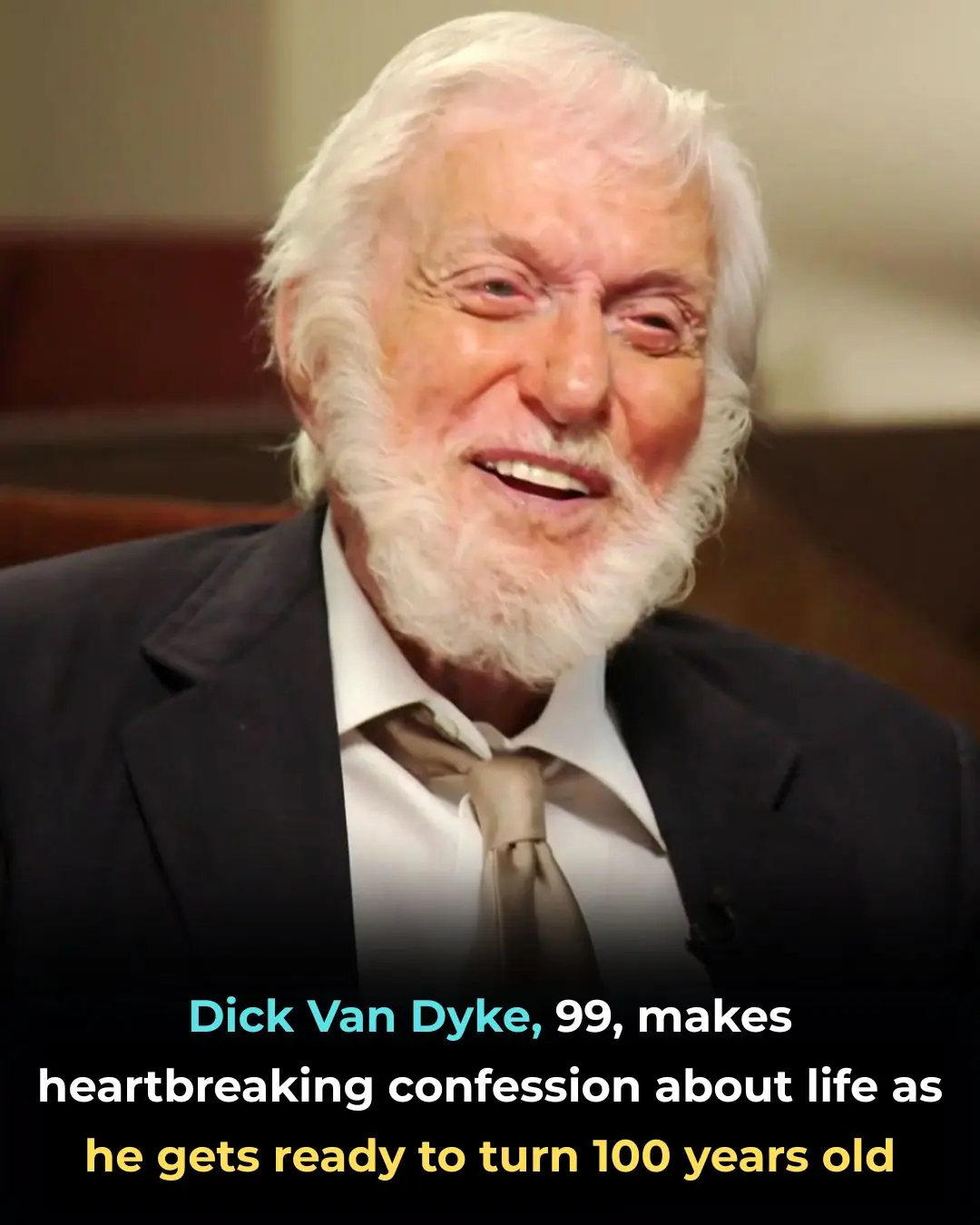
As he nears 100, Dick Van Dyke, 99, makes a touching confession about his life

Local Washington State Park Changes Name Meaning To Honor Rosa Franklin, The States First Black Woman Senator
News Post
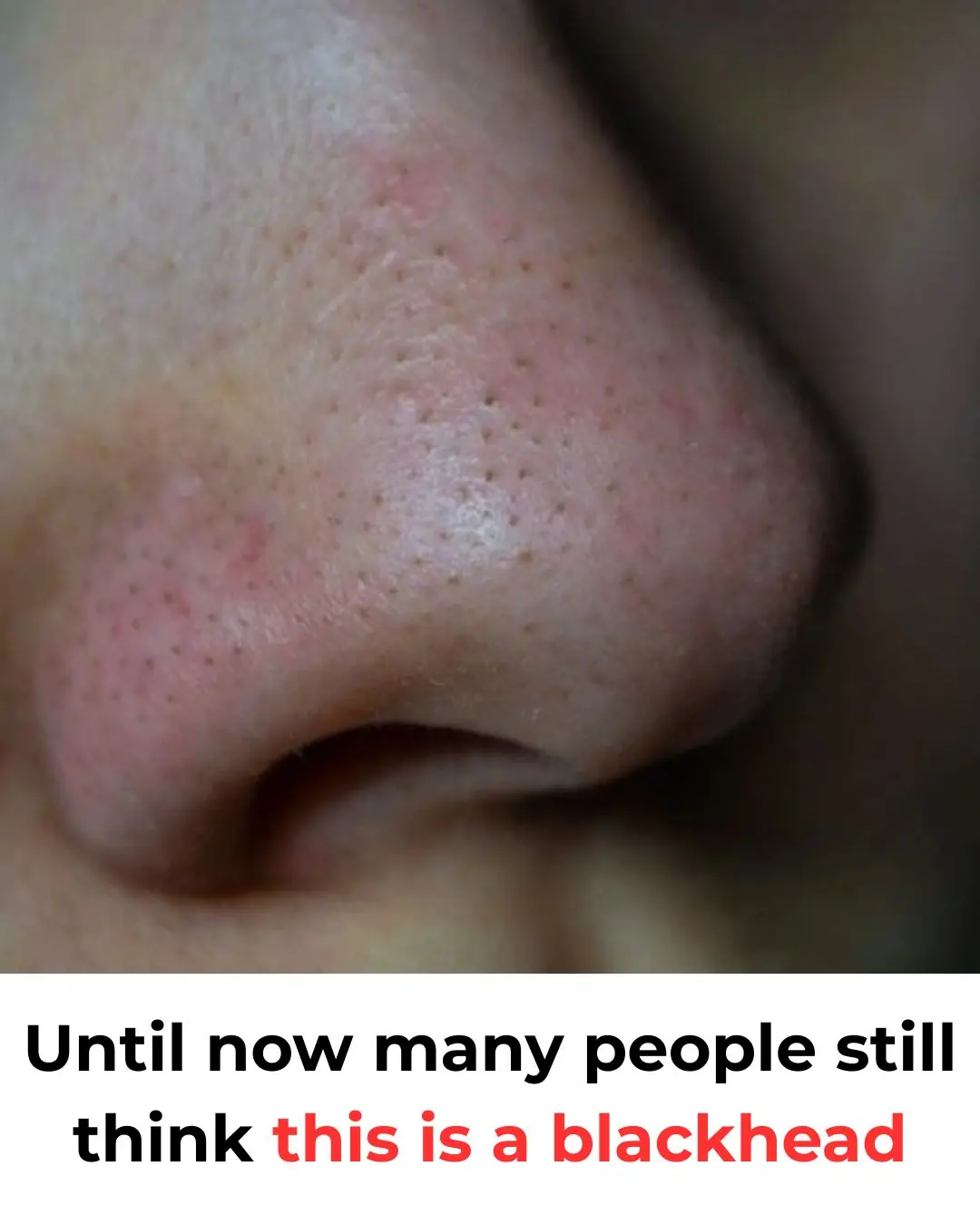
Why Those Tiny Dots on Your Nose Are Completely Normal

Groundbreaking Gene-Edited Cell Therapy Shows Promise for Type 1 Diabetes Cure

Scientists Grow Fully Functional Human Teeth in the Lab — A Breakthrough That Could Transform Dentistry Forever
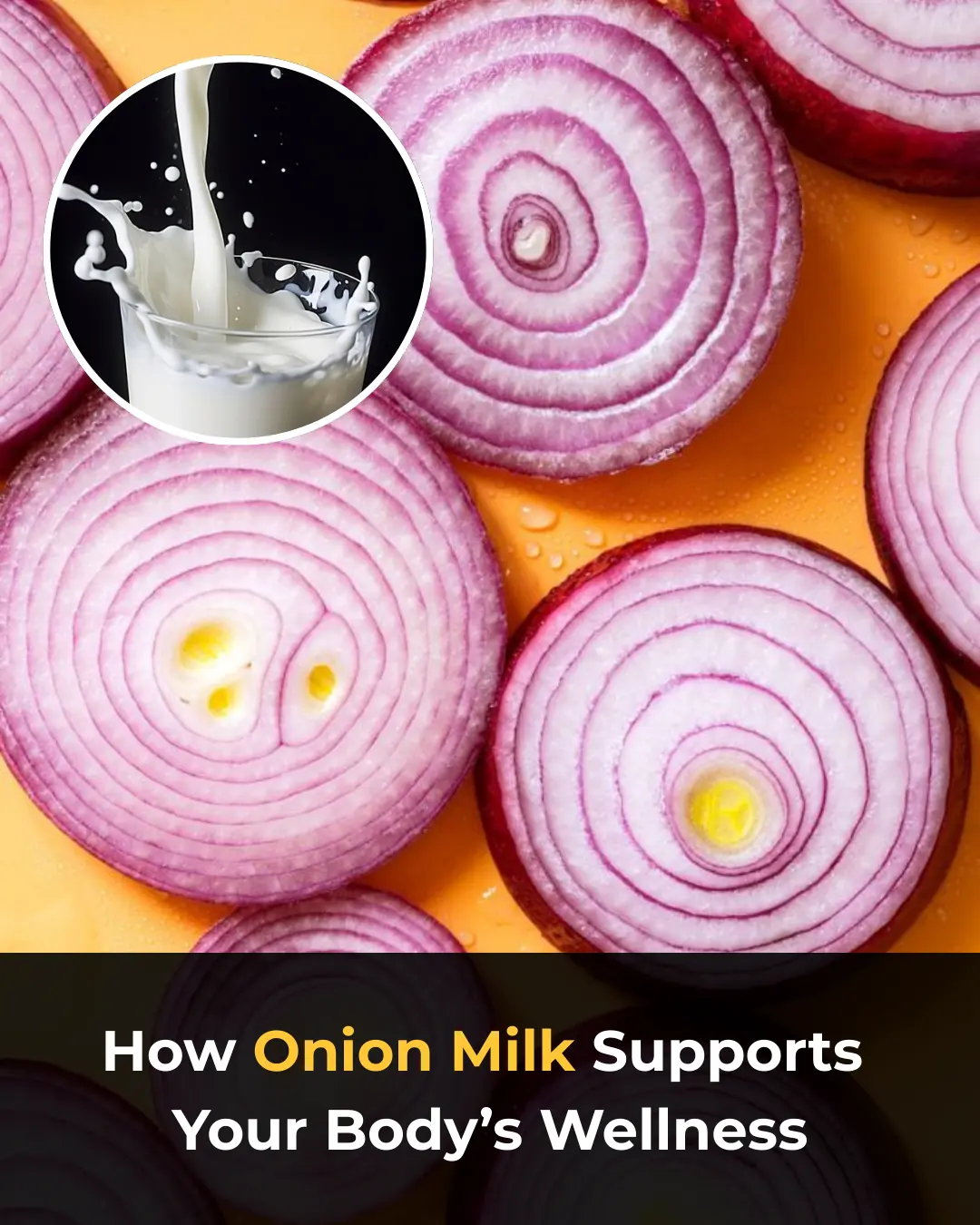
The Surprising Healing Power of Onion Milk
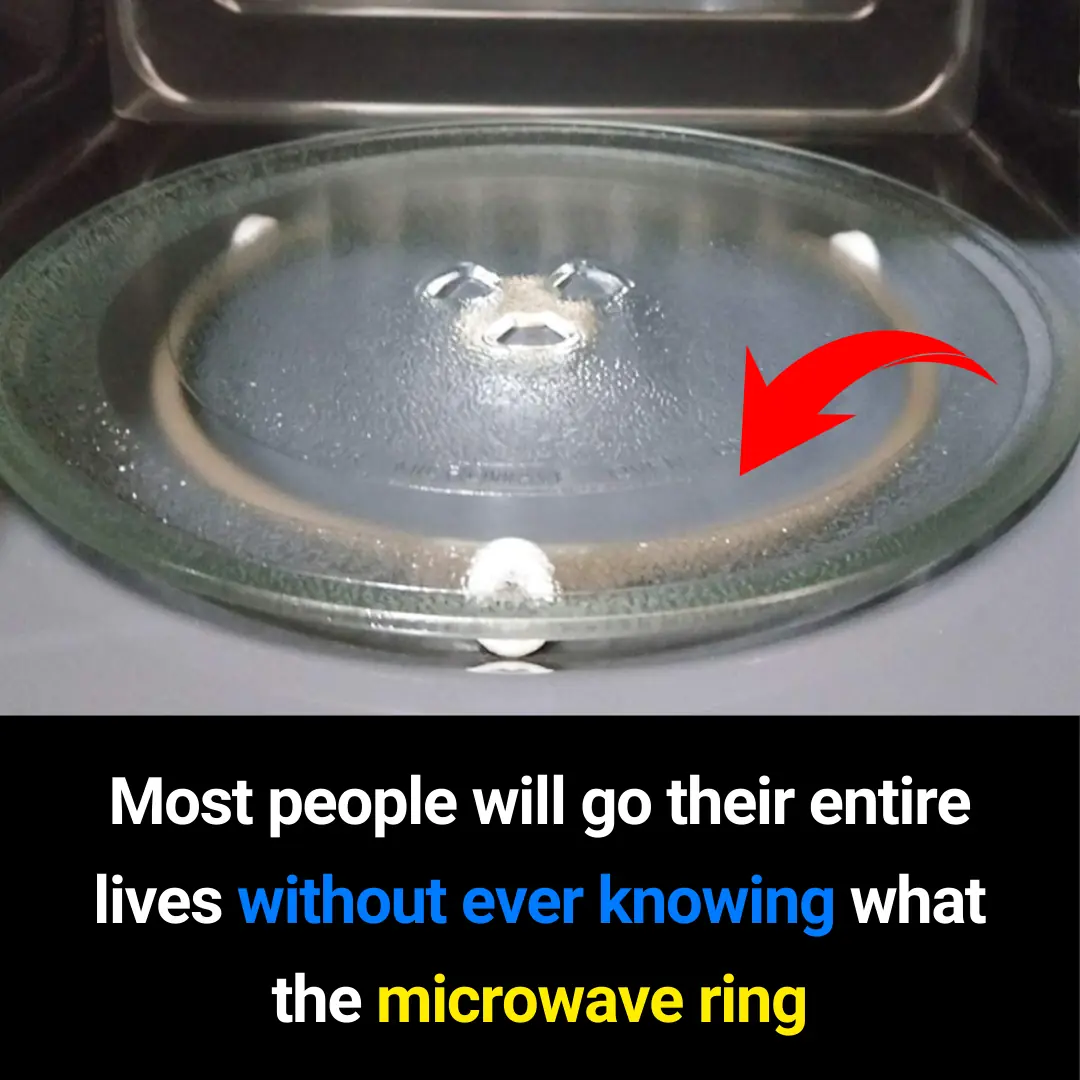
What Is a Microwave Ring Cover? Why This Small Part Matters More Than You Think (SEO-Friendly Guide)

The Netherlands Builds a 600-Meter Floating System to Clean Ocean Plastic: A Breakthrough for Global Marine Protection

✅ International Medical Recommendations for Treating Snakebites
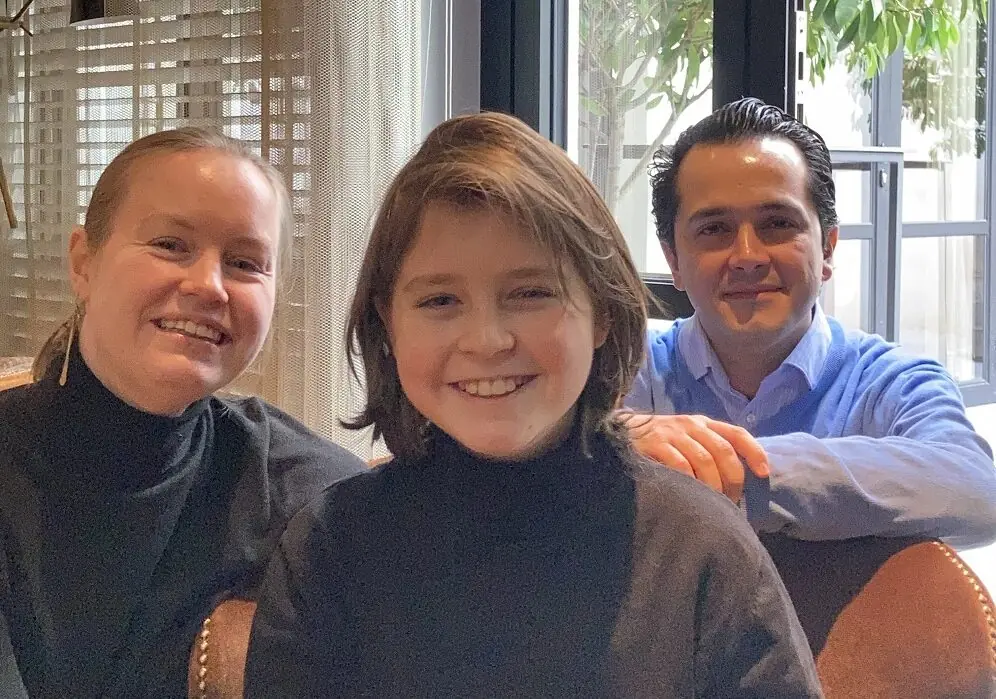
🌟 Belgium’s 15-Year-Old Prodigy Earns a PhD in Quantum Physics — A Remarkable Journey of Genius and Innovation 🌟

Betelgeuse Nears Its Final Stage: A Supernova That Could Be Visible in Daylight

Deadly Mistakes to Avoid When Showering With Hot Water in Winter

2 Pork Parts That Contain a High Amount of Risky Cells — Stop Eating Them Before It’s Too Late

3 types of vegetables you shouldn’t eat raw — no matter how tasty or nutritious — because they can silently damage the liver

More and more people are developing kidney failure, and doctors warn that four common drinks are the “silent culprits.” It’s time to cut back.

I Had No Clue About This! Such an Interesting Trick My Nana Swore By

My Nana Swears by This! Just 1 Thin Slice a Week — Your Orchids Will Explode with Growth

The Keyless Car Trend Everyone’s Talking About

Nana’s Timeless Trick for Bringing Jewelry Back to Life

Stem Cell Therapy Restores Insulin Production in Type 1 Diabetes Patients
